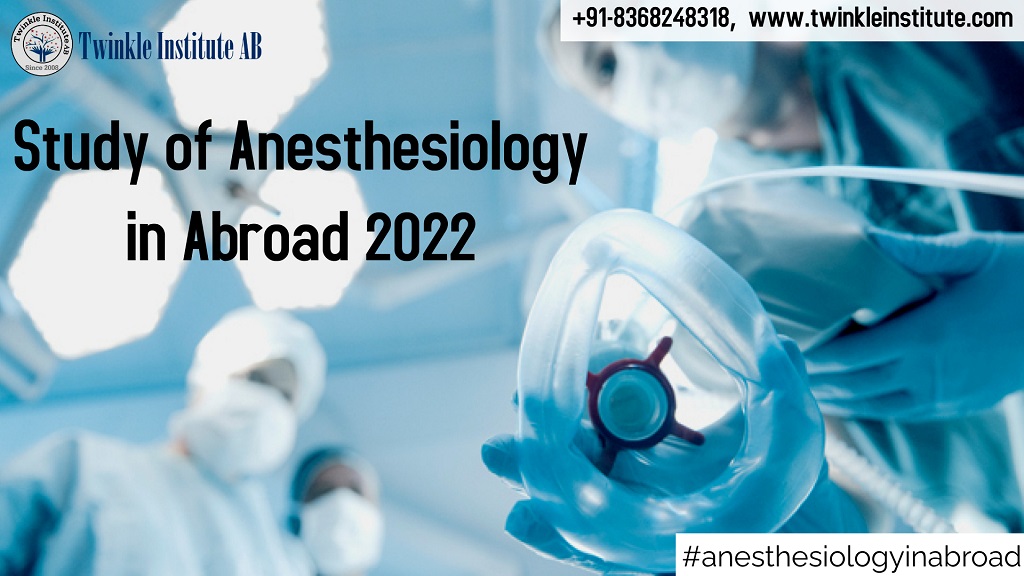
Study MBBS in Georgia for Indian Students
GENERAL INFORMATION ABOUT GEORGIA
In this paragraph, we will discuss its location. It is in Eurasia and limited to the west by the Black Sea, is a stunning nation with breathtaking landscapes, mountains, and woods. A hybrid of Soviet and European infrastructure. It is a democratic country with a land area of 69,700 square kilometers and a population of 4.8 million people. The country has a literacy rate of more than 91 percent due to its extrusive system.
The climate of Georgia is humid subtropical, with temperatures ranging from 23 degrees Celsius to -7 degrees Celsius. Georgia’s coldest month is January, with an average temperature of 33.5°F; its warmest month is July, with an average temperature of 89.4°F; and its wettest month is March.
STUDY MBBS IN GEORGIA
Nowadays, many students want to study MBBS in Georgia. This area is brimming with prospects for young adults and is quickly becoming a new developing destination for MD and MBBS programs for Indian students. It is becoming a center of new technology as it incorporates the latest innovations.
WHY SHOULD INDIAN STUDENTS STUDY MBBS IN GEORGIA?
In India, students must spend roughly Rs. 40-50 lakhs to gain admission to any private college for MBBS. It is a large sum for a middle-class household. Typically, students who aspire to be physicians should study overseas rather than waste a year in India. For Indian students, the education expense for MBBS in GEORGIA is around 21 lakhs, including hostel amenities. As a result, many students are relocating to Georgia to pursue medical studies.
REASONS WHY YOU SHOULD STUDY MBBS IN GEORGIAN MEDICAL UNIVERSITIES
- Safest Country: Georgia is one of the world’s safest countries. In Georgia, you would rarely hear of any terrorist action. It is a country devoid of terrorism.
- Global Recognition of Degree: The degrees are supplied by MCI Approved top-ranked medical universities, the MBBS degree sought by students after finishing the course is accepted internationally. Furthermore, Georgia has joined the LISBON CONVENTION, which permits students to work in over 50 countries.
- Pleasant Environment: Georgia has a low crime rate, however, it has a pleasant attitude among seniors and juniors has made Georgia a popular place for medical study. Indian cuisine is widely available in Georgia. Patients in Georgia primarily speak and comprehend English, thus it is useful throughout the internship. Racism is a major problem in any foreign country, but not in Georgia.
- University Learning Center: An extended Learning Center with significant practical information for medical students.
SOME OTHER REASONS
- MCI & WHO Authorized Universities: Most universities in Georgia are approved by MCI, WHO, and other top International institutions, making it simpler for students to be appointed as interns or Medical doctors in top central hospitals in India and other countries. International students can also apply for scholarships in Georgian medical universities.
- The medium of instruction: During a medical internship, the language of teaching and communication is entirely in English, which is simple for Indian students to grasp.
- Highly Qualified Faculty: The faculty at Georgian universities are highly qualified and experienced, to provide medical students with practical knowledge. The majority of the professors have Ph.D.s in their respective fields. They are kind and helpful to the pupils.
- Ragging-free atmosphere in the university: MBBS universities are completely ragging-free. Not only are these individuals warm and pleasant.
- Duration of the MBBS Course: However, it is of 5 years. Students who want to save a year might apply to MBBS universities that offer 5-year courses.
CONCLUSION
Q.1– Do you want to study medicine?
Q.2– Have you made a decision yet?
Q.3– Are you still looking for a university to attend for your medical studies?
Ans– Firstly, you can select a university from the list of universities in Georgia. Secondly, they do not require any donations and has a simple admission procedure. Keep an eye out for top medical schools and apply as soon as possible to secure your spot at the University of Georgia.





